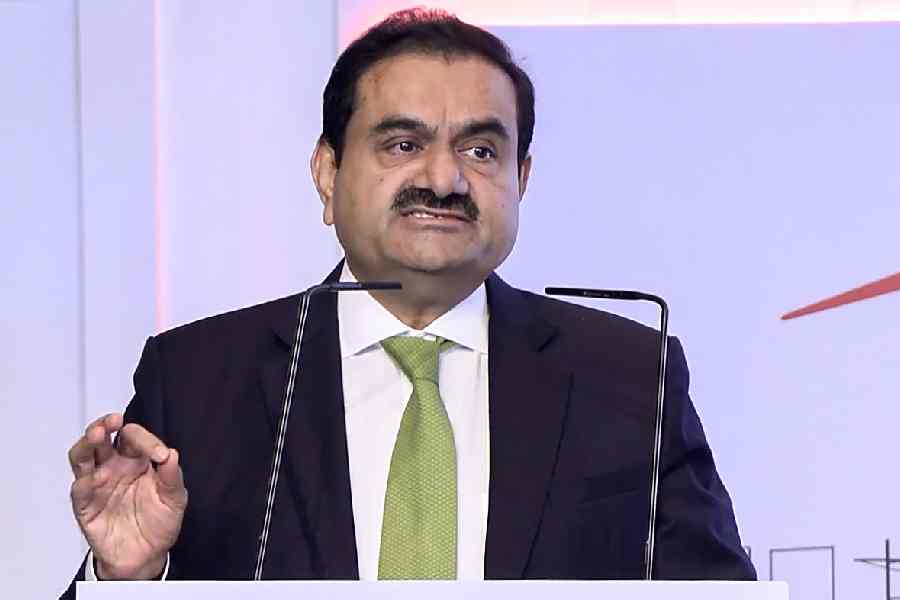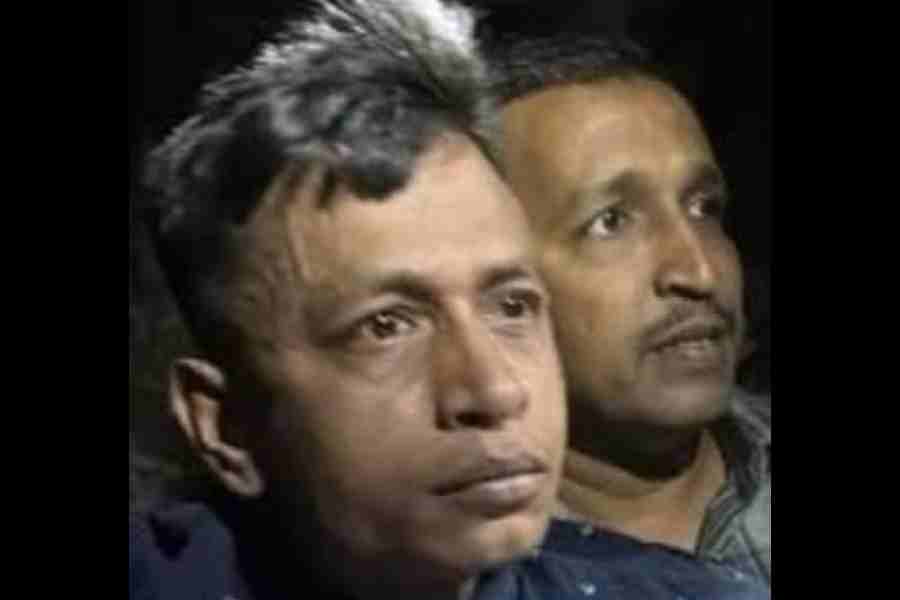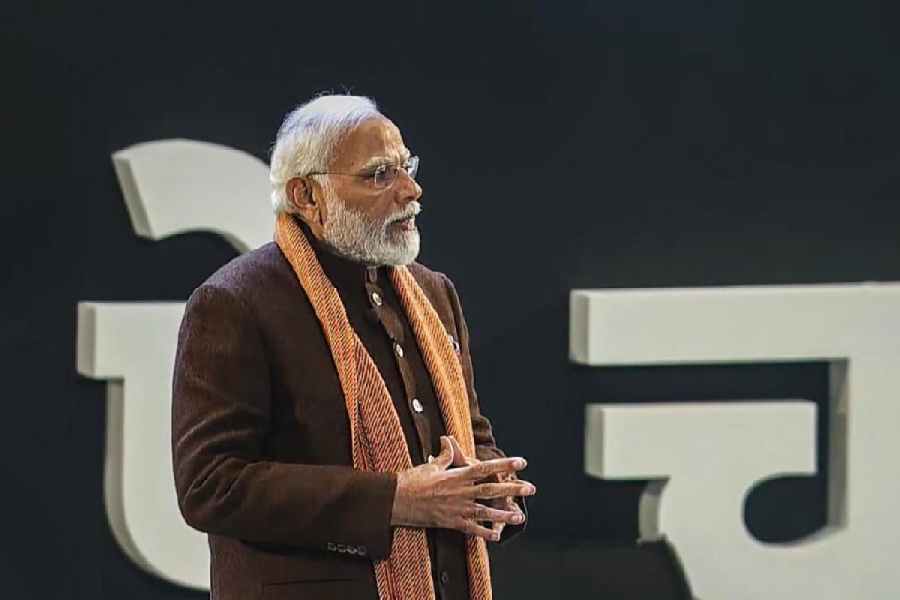The Supreme Court has dismissed a petition seeking a review of its January 3 judgment that refused a court-monitored CBI or SIT probe into alleged stock market manipulation by the Adani group.
On January 24 last year, US short-seller Hindenburg Research had published a report that accused the Adani group of large-scale stock market manipulation and accounting fraud.
A bench headed by Chief Justice of India D.Y. Chandrachud dismissed the review petition, moved by Anamika Jaiswal, saying it found no reason to interfere with its January 3 judgment.
“Having perused the review petition, there is no error apparent (in the January 3 judgment) on the face of the record,” the bench, which included Justice J.B. Pardiwala and Justice Manoj Misra, observed.
The order was passed on May 8 but became public knowledge only on Monday, a week after the Supreme Court reopened following a month-and-a-half summer recess.
Unlike other petitions, review petitions are mostly heard inside the closed chambers of the judges without access to lawyers or litigants. Only in certain exceptional cases has the apex court held review petitions in open court.
On January 3, the same three-judge bench had dismissed a batch of PILs that sought a CBI or SIT (special investigation team) probe into the Hindenburg allegations against the Adani group.
The bench said the investigations could not be transferred from market regulator Sebi, whom it had earlier asked to probe the matter. The bench explained that no CBI or SIT inquiry could be ordered on the basis of an unverified report by a third party.
“A report by a third-party organisation without any attempt to verify the authenticity of its allegations cannot be regarded as conclusive proof,” the January 3 judgment said.
Other than directing a Sebi investigation, the apex court had appointed a high-powered committee headed by the former Supreme Court judge, Justice A.M. Sapre, to make recommendations towards streamlining the regulatory mechanism.
The review petition by Jaiswal — one of the original PIL petitioners — alleged multiple regulatory failures. It said there were at least 16 grounds, some of them purportedly constituting new evidence, warranting a review of the January 3 judgment.
She said new documents and evidence, including email communications (part of the annexures), had revealed that Adani group companies had flagrantly violated Rule 19A of the SCRR, 1957.
“The modus operandi… involved funds being invested by Chang Chung Ling and Nasser Ali Shaban Ahli on behalf of Vinod Adani, a member of the Adani promoter group, into stocks of Adani Group Companies through Global Opportunities Fund, Emerging India Focus Funds and Emerging Market Resurgence Fund,” the review plea said.
“Of these, Emerging India Focus Fund and Emerging Market Resurgence Fund also find mention among the 13 suspected companies as mentioned in the expert committee report.
“This Hon’ble Court failed to appreciate that DRI vide letter dated January 2014, had written to SEBI pointing out that siphoned out money using over and under invoicing from tax havens was being invested by Adani in Adani Group stocks in India. The letter contained two notes and one CD with evidence of the same.”











